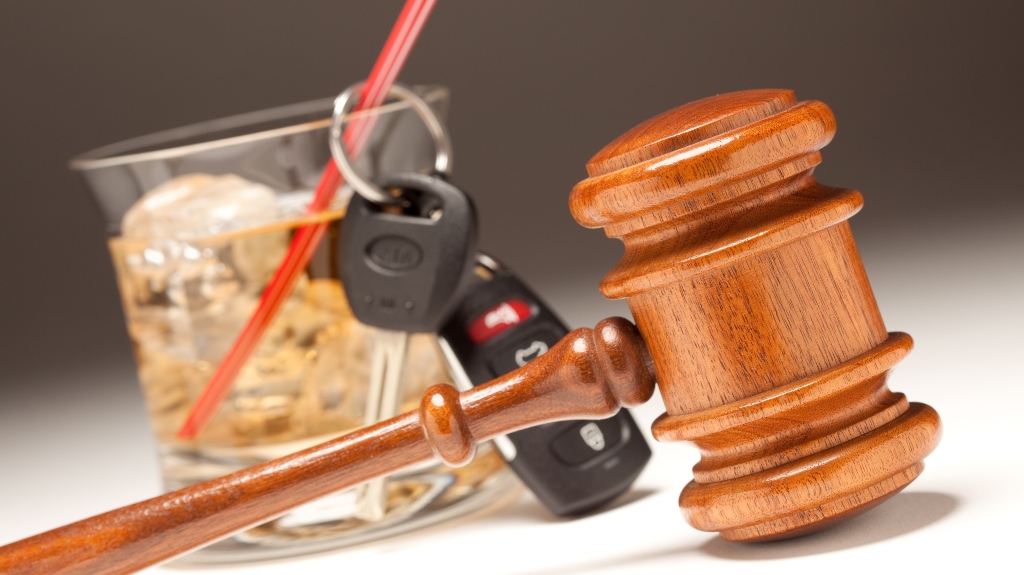In Massachusetts, operating a motor vehicle after your license has been suspended — frequently called “OAS” for operating after suspension — is a criminal offense. G.L. c. 90 § 23. As simple as it may sound, an OAS charge can be rather complex. The circumstances under which your license was suspended can bring different consequences both in the court system and with the Registry of Motor Vehicles (RMV). For instance, if you are charged with operating on a suspended license due to an OUI/DUI, the consequences may be more significant and you could be facing minimum mandatory jail time. Additionally, whether or not you refused a breath test in your OUI case could affect a new OAS charge. It is important that you understand your charges and the possible implications, but also know that you are not alone. The attorneys at the Bernard Defense Team are here to help you resolve your situation with as little impact on your life as possible.
Operating After License Suspension
If your license is suspended for any reason, and you are caught driving, you could face an OAS charge. In order to convict you of OAS, the prosecution must prove beyond a reasonable doubt that you:
- Operated a motor vehicle;
- At the time of operation, your license was suspended or revoked; and
- You had notice of the suspension
Operation
It should be noted that unlike many other driving laws, such as the provision criminalzining OUI, operation of a motor vehicle in this instance is not required to be on public way. The Massachusetts Supreme Judicial Court has interpreted G.L. c. 90, § 23 to apply to any operation within the Commonwealth.Commonwealth v. Murphy, 409 Mass. 665 (1991). Under the law, even driving on a private way or in a parking lot without a valid license is a violation.
License Suspensed or Revoked at the Time of Operation
Generally, the prosecution will attempt to use your driving record as evidence to show your license was in fact suspended at the time of the new violation. Massachusetts law permits certified and attested copies of your driving record to be entered into evidence, and considers it to be proof of the facts contained within the report. G.L. c. 90, § 23. However, in order for the prosecution to use this evidence against you, they must follow certain rules to get your driving record properly admitted. For instance,
Notice
Notice means that you were aware, or at least should have been aware, of the fact that your license was suspended. The issue of notice is an area that presents many potential challenges. To prove this element, the prosecution must introduce evidence that the notice was mailed. Your certified and attested to driving record usually includes all notices mailed to you by the RMV. Generally, evidence that proper mailing procedures were followed is sufficient for the prosecution to meet its burden. The prosecution may try to prove you had notice by using statements or conduct that indicate some awareness of the suspension, which mayl also satisfy the notice requirement. Commonwealth v. Deramo, 436 Mass. 40 (2002).
Penalties For Operating On A Suspended License
G.L. c. 90 § 23 lays out the penalties for OAS in Massachusetts. These penalties include:
First offense
- $500-$1,000 fine
- Up to ten days in jail
- 60 day license suspension
Subsequent offense
- $1,000 fine
- 60 days to one year in jail
- 60 day license suspension
If this is your first offense for OAS, and your suspension was not related to an OUI, you may be eligible for a more lenient penalty. The statute permits an alternative outcome for first time offenders that includes a fine of up to $500 with no further license suspension.
Operating After License Suspension for OUI
Massachusetts treats driving on a license suspended for OUI more harshly than a straight OAS. The government still must prove that you operated a motor vehicle, that your license was suspended at the time of operation, and that you were notified of the suspension, but now has the added burden of showing the suspension was due to an OUI violation specifically enumerated within the statute. G.L. c. 90 § 23. Because there is a mandatory minimum 60 day jail sentence for operating after suspension for OUI, it is critical that you have an attorney evaluate your case to determine whether the police have improperly charged you with this harsh crime.
Criminal Suspension for OUI vs. Breath Test Failure or Refusal Suspension
You can only be charged for operating after license suspension for OUI if you are serving a criminal suspension for OUI after a conviction. The law clearly indicates that the imposed suspension must be due to an OUI violation in one of the specified provisions. These include an OUI-related conviction under G.L. c.90 § 24(1)(a) or an alternative disposition for first time offenders, as well as OUI that results in serious bodily injury or motor vehicle homicide. If the suspension is due to any other reason not laid out in the statute, you cannot be charged under the operating after suspension for OUI provision.
However, the police often charge this very harsh crime when there is actually no basis to do so. If you are serving a suspension for a breath test failure or refusal, you cannot be charged with operating after license suspension for OUI because neither suspension qualifies as an OUI violation. Commonwealth v. Nascimento, 479 Mass. 681 (2018). Due to the severe penalties that can be imposed, it is imperative that you have an attorney who will evaluate your case and identify the reasons for your suspension. The Massachusetts OUI/DUI lawyers at the Bernard Defense Team have successfully challenged the basis for this type of charge and obtained favorable results for our clients.
The outcome was what I was hoping for and could not be more pleased.
Penalties For Operating On A Suspended License for OUI
If your suspension is due to an OUI conviction or CWOF and you are caught driving, you could face the following penalties:
- Fines up to $10,000
- Mandatory minimum of 60 days in jail up to two and half years
- One year loss of license
What if I am charged with an OUI while my license is suspended for a prior OUI?
Massachusetts imposes more severe penalties on individuals who are charged with an OUI while their license is suspended due to a prior OUI/DUI. These include:
- Fines of $2,500-$10,000
- Mandatory minimum of 1 year in jail up to two and a half years
- One year loss of license
To prosecute these cases, the government must first prove beyond a reasonable doubt that you were operating under the influence. Then, it must also prove that you were operating on a license suspended due to OUI. These charges are often filed improperly, and the reason your license was suspensed is particularly important in these cases. If the suspension was due to a breath test refusal or failure rather than a criminal penalty, you cannot be charged under this provision. You need a lawyer who will take the time to thoroughly examine your record and identify a potentially improper charge.
Operating on a Suspended License for Habitual Traffic Offenders
If your license is suspended due to the fact that you have been found to be a habitual traffic offender and you are charged with OAS, may also face increased penalties. A habitual traffic offender is a driver who accumulates a certain amount of traffic violations in a specific time period. The RMV imposes a four year suspension on individuals determined to be habitual traffic offenders. If you are serving a habitual traffic offender suspension and caught driving on a suspended, you may face:
- Fines of $500-$5000
- Up to two years in jail
- Or both
The best way to challenge this operating on suspension charge is to fight the underlying habitual offender suspension. Our attorneys are experienced in fighting these types of suspensions, frequently identifying erroneous triggering events in our clients’ driving records.
Lawyers Who Fight Operating After Suspension Charges
Facing an operating after license suspension charge can be complicated, depending on the reason for the underlying suspension and any new charges that accompany the OAS. The attorneys at the Bernard Defense Team have in-depth understanding these charges and have experience in successfully challenging these suspensions for our clients. We will thoroughly evaluate all the facts of your case as well as your driving record in order to present a solid defense and minimize any impact on your life. Contact the Bernard Defense Team for a free case consultation!



